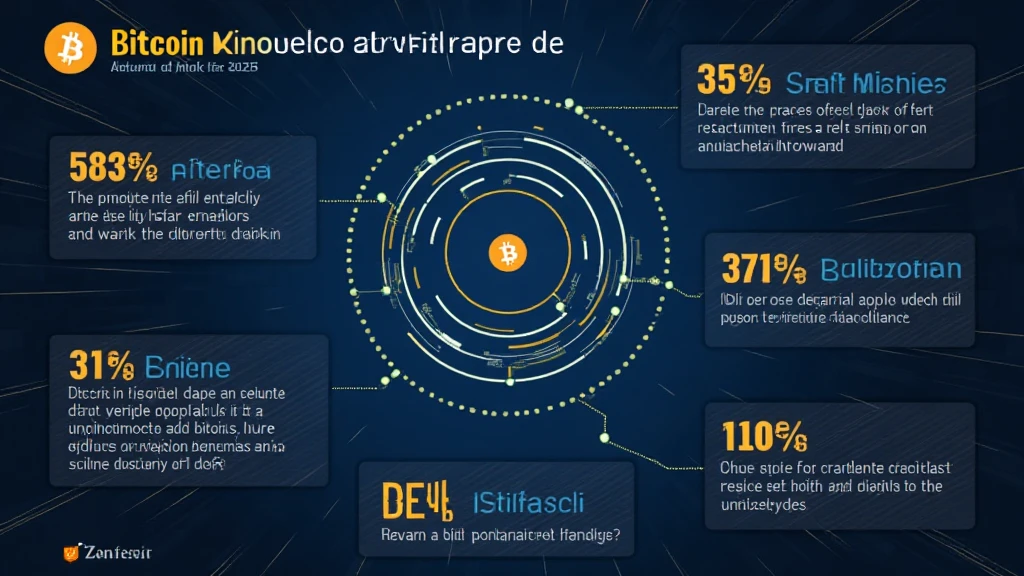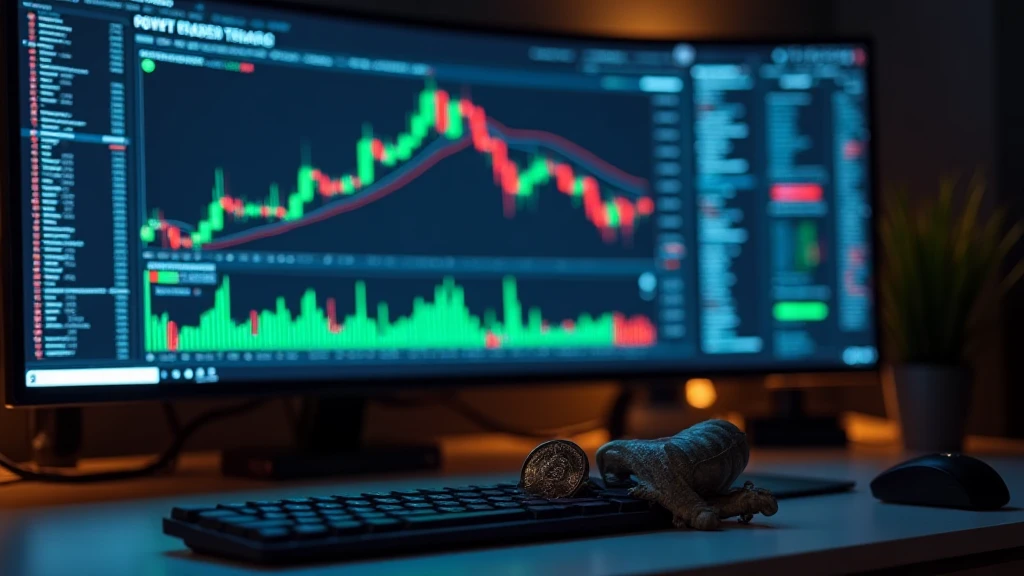Bitcoin DeFi Protocol Audits: Ensuring Security in 2025
In 2024, the cryptocurrency market witnessed a staggering $4.1 billion lost to DeFi hacks, highlighting an urgent need for enhanced security measures. As Bitcoin continues to dominate the digital currency landscape, understanding the importance of Bitcoin DeFi protocol audits has never been more critical. In this article, we will delve into the various aspects of auditing DeFi protocols, exploring their significance, methodologies, and implications for investors and users alike.
The Growing Importance of Audits
In the rapidly evolving DeFi space, security breaches can have catastrophic consequences, destabilizing not just individual projects but the entire ecosystem. Audits serve as a safety net, ensuring that protocols adhere to security standards and operate without vulnerabilities. For instance, a well-executed audit can significantly reduce the likelihood of hacks—akin to installing locks on bank vaults to protect cash reserves.
The Role of Auditing in the DeFi Landscape
- Identifying vulnerabilities in smart contracts
- Enhancing user trust in DeFi platforms
- Facilitating compliance with regulatory standards
According to data from Chainalysis in 2025, the volume of capital locked in DeFi grew by 150% in Vietnam alone, fueled by a growing user base and interest in digital assets. Understanding how to audit smart contracts can help protect this burgeoning market.

Common Vulnerabilities in Bitcoin DeFi Protocols
DeFi platforms often face several common vulnerabilities, including:
- Reentrancy attacks
- Improper handling of cryptocurrencies
- Oracle manipulation
Imagine a situation where a hacker exploits a reentrancy vulnerability, allowing them to drain funds from a protocol before the system can recognize the change. This makes it essential for developers to understand how to conduct thorough audits to mitigate these risks.
Real-life Cases of Security Breaches
The past few years have seen numerous DeFi hacks making headlines, often resulting in devastating losses for users and developers alike. For instance, the infamous attack on a prominent DeFi project in 2024 led to the loss of over $30 million, underscoring the importance of robust auditing practices.
Best Practices for Effectively Auditing DeFi Protocols
Conducting a successful audit requires a structured approach. Here are several key best practices:
- Employing third-party auditors with proven expertise
- Utilizing automated testing tools to identify vulnerabilities
- Establishing clear documentation and reporting protocols
By following these practices, developers can create more secure and reliable DeFi platforms, ultimately benefiting users and fostering greater trust within the community.
Tools and Platforms for Auditing
Numerous tools exist to aid in the auditing process, from simple static analysis software to comprehensive testing frameworks. Some recommended tools include:
- MythX for smart contract analysis
- Slither for static code analysis
- Consensys Diligence for manual inspections
These tools can significantly enhance the efficiency and effectiveness of the auditing process, mitigating potential risks associated with DeFi protocols.
The Future of DeFi Audits
As the DeFi landscape continues to grow and evolve, so too must the methodologies and technologies used in auditing practices. In Vietnam, where blockchain adoption is on the rise, companies must prioritize security through audits.
According to recent statistics, the number of DeFi users in Vietnam increased by over 200% in the first half of 2025, reflecting a stronger demand for secure and reliable DeFi solutions. As user confidence builds, ensuring stringent security measures becomes paramount.
Integrating User Feedback into Audits
Engaging with users to gather feedback can offer invaluable insight into potential vulnerabilities and user concerns. For example, establishing a bug bounty program can empower users to report security issues, incentivizing thorough audits and ultimately leading to a more secure protocol.
Conclusion: Securing the Future of Bitcoin DeFi
As the DeFi landscape becomes increasingly intricate, the necessity for Bitcoin DeFi protocol audits rises. Understanding how to conduct thorough audits, effectively mitigate vulnerabilities, and improve user trust will be pivotal to the success of DeFi projects in 2025 and beyond. By prioritizing audits and adhering to best practices, developers can safeguard their projects and ensure the longevity of the DeFi ecosystem. Remember, a secure DeFi platform is vital not just for individual investors but for the future of decentralized finance as a whole.
For more insights and practical guides on cryptocurrency security, visit mycryptodictionary.





